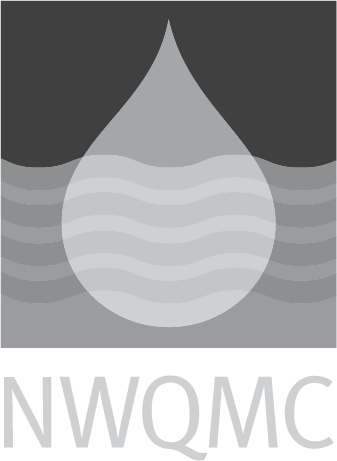CDPHE: PIBO-EMP 2012 Invert: Macroinvertebrate sample collection
|
Official Method Name
|
Sampling Protocol for Stream Macroinvertebrates |
|---|---|
|
Current Revision
| 2012 |
|
Media
|
WATER (Waterbody type - Wadeable stream) |
|
Instrumentation
|
Invertebrate Net (w/ handle) |
|
Method Subcategory
|
Population/Community |
|
Method Source
|
|
|
Citation
|
|
|
Brief Method Summary
|
The report outlines steps for macroinvertebrate sample collection of streams in the Pacific Northwest United States. |
|
Scope and Application
|
The PACFISH/INFISH Effectiveness Monitoring (PIBO-EM) Program for aquatic and riparian resources was developed in 1998 in response to monitoring needs addressed in the Biological Opinions for bull trout (USFWS 1998) and steelhead (NMFS 1995). The primary objective is to determine whether priority biological and physical attributes, processes, and functions of riparian and aquatic systems are being degraded, maintained, or restored in the PIBO-EM area. The program samples within the interior Columbia River basin on lands managed by U.S. Forest Service (FS) Regions 1, 4, and 6 and the Idaho and Oregon/Washington State Offices of the Bureau of Land Management (BLM).
This document describes the sampling methods used by the PIBO-EM program during 2012. The methods are a result of 12 years of use, evaluation, and peer review. We worked with the Aquatic and Riparian Effectiveness Monitoring Program to standardize methods, which resulted in a document titled “Effectiveness Monitoring for Streams and Riparian Areas within the Pacific Northwest: Stream Channel Methods for Core Attributes” (USDA 2006). The PIBO-EM protocol incorporates all methods described in this document. |
|
Applicable Concentration Range
|
|
|
Interferences
|
Follow the guidelines for choosing collection sites. |
|
Quality Control Requirements
|
|
|
Sample Handling
|
Preserve with 95% ethanol. |
|
Maximum Holding Time
|
|
|
Relative Cost
|
Unknown |
|
Sample Preparation Methods
|
Samples must be filtered. |




